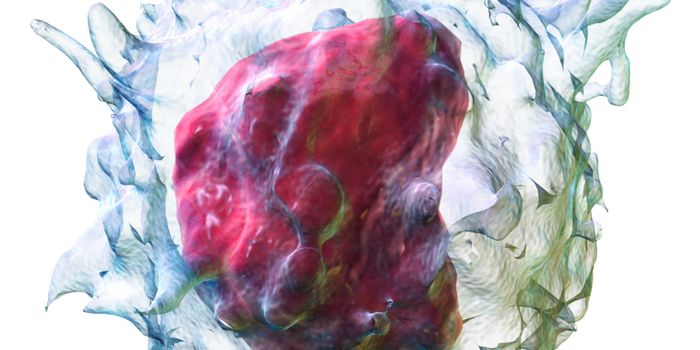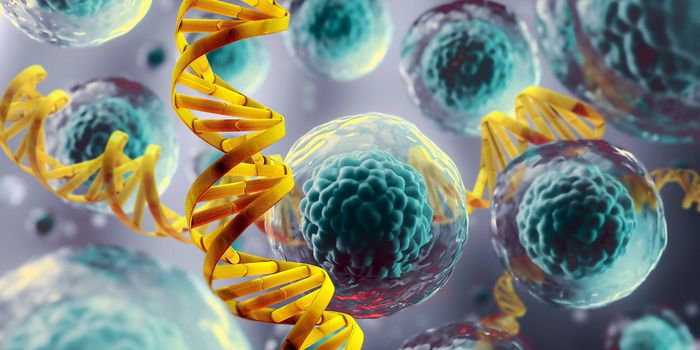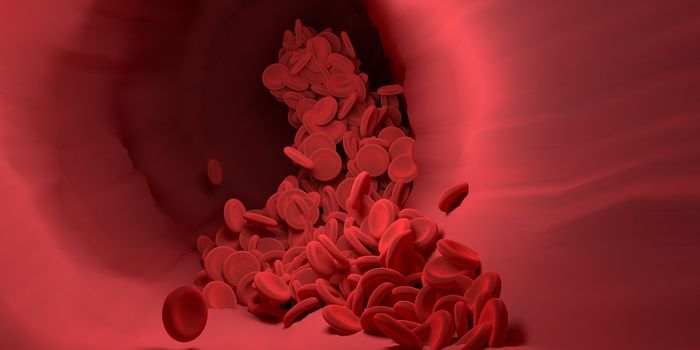Increased Vitamin D Is Not Cancer Preventative
For over a decade, researchers have believed that high amounts of Vitamin D play a role as a cancer preventative or protectant. A new study of a clinical trial published in JAMA Oncology in mid-July sought to find out if being supplemented with high-dose vitamin D on a monthly basis was associated with cancer prevention in humans.
Vitamin D, unlike many other essential nutrients, is not found in many food sources; it is often added to foods or taken as a supplement. It is actually in the family of corticosteroid or hormone. It is naturally produced in the body’s skin cells when an individual is exposed to UV radiation, or sunlight. The body must hydrolyze vitamin D from its original form to become usable in the form of calcitriol. The body requires vitamin D and its derivatives for calcium and phosphate homeostasis which regulate bone growth and general cell growth modulation including proliferation, differentiation and apoptosis. The active form of vitamin D increases ionized and total calcium while also increasing plasma phosphate levels. Calcium availability (free and total) within the body has neuromuscular, structural, and enzymatic effects.
The most accurate vitamin D measurement is a serum concentration which is cumulative, taking in to consideration endogenous formation from sunlight exposure, dietary, and supplemental intake. The active form of vitamin D has a very short half-life and the active form is closely regulated and maintained by parathyroid hormone, calcium, and phosphate.
There are many individuals that do not have a sufficient vitamin D status and was a focus for cancer risk specifically, colon, breast, ovarian, and prostate types. For example, reports in past literature suggest that vitamin D levels below 30 ng/mL could have twice the risk of colon cancer in a handful of studies with increasing risk if the levels were lower yet. The mechanism of lowered risk comes from the role of vitamin D (and its metabolites) on proliferation and tissue growth. A cancerous tumor needs an active blood supply for energy and nutrients to maintain and continue growing. Vitamin D inhibits tumor angiogenesis, or new blood supply growth. It promotes tight connectivity between cells which acts as a physical barrier to new tissue growth.
The new information outlines a post hoc analysis of the Vitamin D Assessment, which was a randomized clinical trial in New Zealand. More than five thousand adults participated. One group received 100,000 IU of Vitamin D (inactive form) as a monthly supplement; the other group was given a placebo. Participants were followed for between 3 and 4 years. The collective rate of cancer for the group that received high doses of vitamin D was reported at 6.5% with the placebo group having a collective cancer incidence rate of 6.4%. The study concluded that vitamin D alone over 4 years may not be a cancer preventative after all.
Because many studies have inconclusive evidence, many suggest that vitamin D levels can be an indicator of a healthier lifestyle (active outdoors, healthier dietary habits, etc.) which cumulatively contribute to decreased cancer risk, rather than just the higher vitamin D levels present.
Sources: American Journal of Public Health, NIH Office of Dietary Supplements, JAMA Oncology, Vitamin D and Cancer (pp 99-114),









